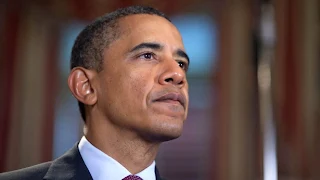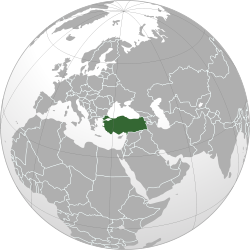
US Should Defuse Tensions With Iran, China
Thursday, January 10, 2013
No comments
...
Meanwhile, in East Asia, maritime disputes between China and its neighbours regarding contested island chains in the South China Sea and East China Sea have become increasingly hostile and contentious. The White House should also use its foreign policy capital to alleviate the security dilemma between Washington and Beijing that lurks in the background of these ongoing disputes and is helping to fuel them.
In concrete terms, it should announce both an indefinite cessation of arms transfers to Taiwan and a moratorium on US surveillance flights within China’s 200-mile Exclusive Economic Zone, and temporarily suspend all joint military exercises in the Asia-Pacific. It must also return to the previous US policy of strict non-intervention in the various maritime sovereignty disputes in East and Southeast Asia, and pressure its regional allies at the centre of those disputes, namely Japan and the Philippines, to cease engaging in coercive diplomacy towards China.
Neither Iran’s uranium enrichment programme nor China’s sovereignty claims over uninhabited islands in East and Southeast Asia represent a grave or imminent threat to US national security. Both Iran and China are militarily weak and economically underdeveloped countries that are almost entirely surrounded by US allies and strategic partners. A precipitate war against either state would roil international financial markets and push America’s already fragile economy and overstretched military to the breaking point.
By contrast, the careful conciliation of both states would reduce the risk of war and facilitate the realisation of negotiated solutions to Iran’s nuclear programme and China’s maritime claims. Even more importantly, it would enable the administration to concentrate on rebuilding the economic sinews of US power in order to confront more severe geopolitical threats in the decades to come.































